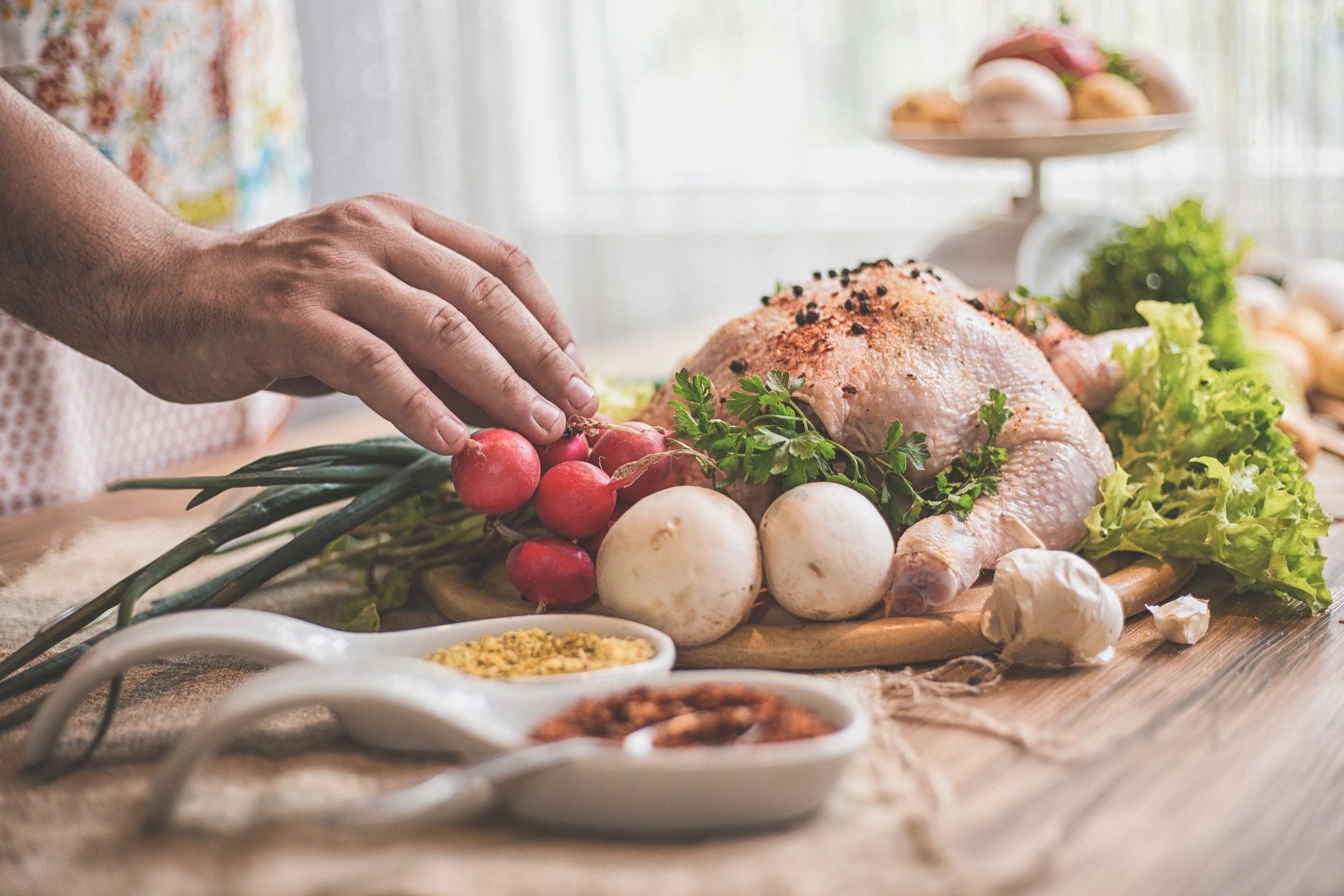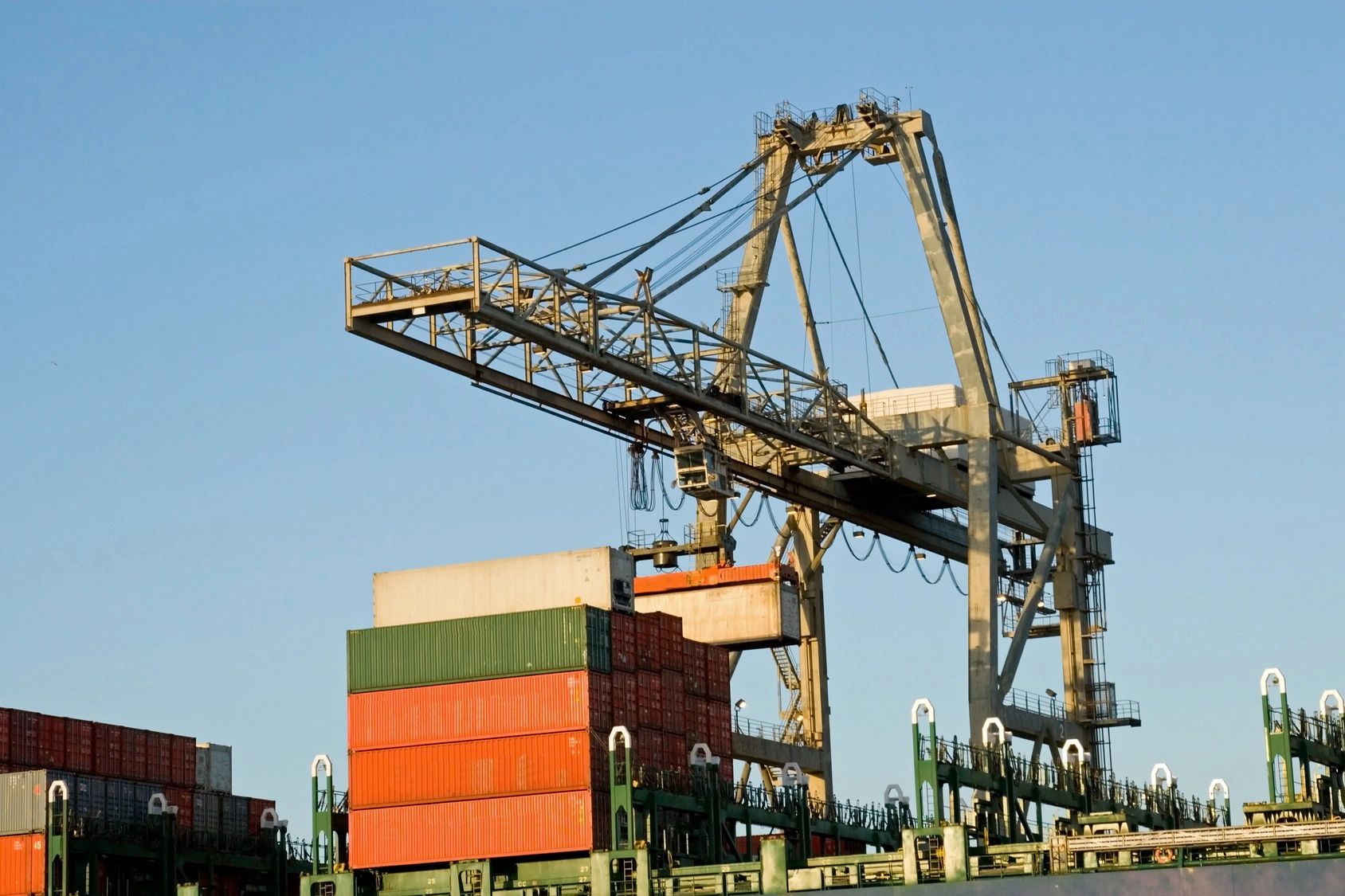Rescuing food is a longstanding practice, but the recent surge in inflation and high food prices has led to more companies adopting this approach.
Second Harvest, Canada’s largest food rescue charity, has been redirecting surplus food to those in need since 1985.
According to the National Zero Waste Council, the total value of wasted or lost food in Canada is approximately $49 billion annually. However, when factoring in storage, transportation, and disposal costs, food waste likely exceeds $100 billion a year.
The United Nations estimates that reducing global food waste by just 25 percent could provide enough food to feed all food-insecure individuals.
In Canada, government bodies and the corporate sector are exploring ways to reduce food waste, a challenge complicated by interconnected global supply chains.
Walmart Canada aims for zero food waste by 2025, while Loblaws targets the same by 2030. Costco seeks to divert 80 percent of its waste from landfills.
Rescuing food is a longstanding practice, but recently more companies are adopting it in response to inflation and high food prices.
Second Harvest, Canada’s largest food rescue charity, has been redirecting surplus food to those in need since 1985.
The National Zero Waste Council estimates that the total value of wasted or lost food in Canada is approximately $49 billion annually. Including storage, transportation, and disposal costs, food waste likely exceeds $100 billion a year.
The United Nations suggests that reducing global food waste by just 25 percent could provide enough food to feed all food-insecure individuals.
In Canada, all levels of government and the corporate sector are seeking ways to reduce food waste, a challenge complicated by interconnected global supply chains.
Walmart Canada aims for zero food waste by 2025, Loblaws by 2030, and Costco seeks to divert 80 percent of its waste from landfills.
“Without that waste our general profits can be maintained,” says Jonathan Moreno, who works for Stronach and Sons 2020, a food distributer. When distributors are able to offload “misfit” produce, it protects profits, and those savings can be passed to clients.



